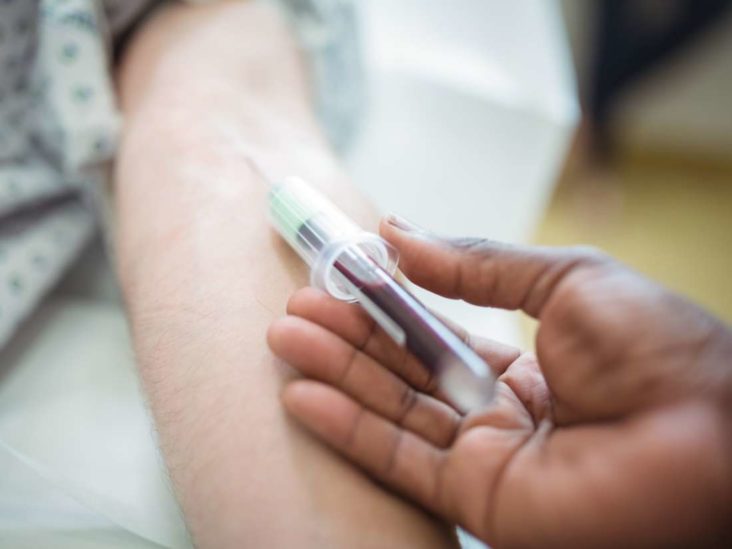Blood test could detect Alzheimer’s years before symptoms, mouse study suggests

New research offers fresh hope for diagnosing Alzheimer’s via a blood test, potentially years before symptoms emerge.
The memory-robbing disease has no set test, with specialists assessing suspected patients via memory analyses, mental-agility evaluations and brain scans.
The concept of an Alzheimer’s blood test is not new, with past studies suggesting biomarkers circulate in a patient’s blood before they show signs of the disease.

Cutting-edge technology has now enabled scientists from the University of Manchester to uncover previously-unseen blood biomarkers in mice with the memory-robbing condition.
Alzheimer’s is considered incurable, however, treatments can temporarily ease symptoms, with these being more effective when administered early in the disease’s onset.
Alzheimer’s is the most common form of dementia, an umbrella term for syndromes associated with an ongoing loss of brain function.
More than 850,000 people had dementia in the UK in 2019, with Alzheimer’s affecting 50% to 75% of these patients. In the US, over 6 million people have Alzheimer’s.
Blood biomarkers are believed to be present in Alzheimer’s patients, however, their minute level makes them difficult to detect.
The Manchester scientists therefore created a specific nanotechnology – “the study and application of extremely small things” – that allowed them to extract blood signals from mice with the disease.
These signals could then be magnified, enabling the team to look for signs of Alzheimer’s.
“Hidden information in blood is likely to echo the complex cascade of events occurring in the brain of Alzheimer’s disease patients,” said lead author Dr Marilena Hadjidemetriou.
“We wanted to engineer a nanotechnology blood-mining platform in order to uncover this information and identify early signs of Alzheimer’s disease at the pre-disease state, before the onset of amyloid plaque formation in the brain.’”







